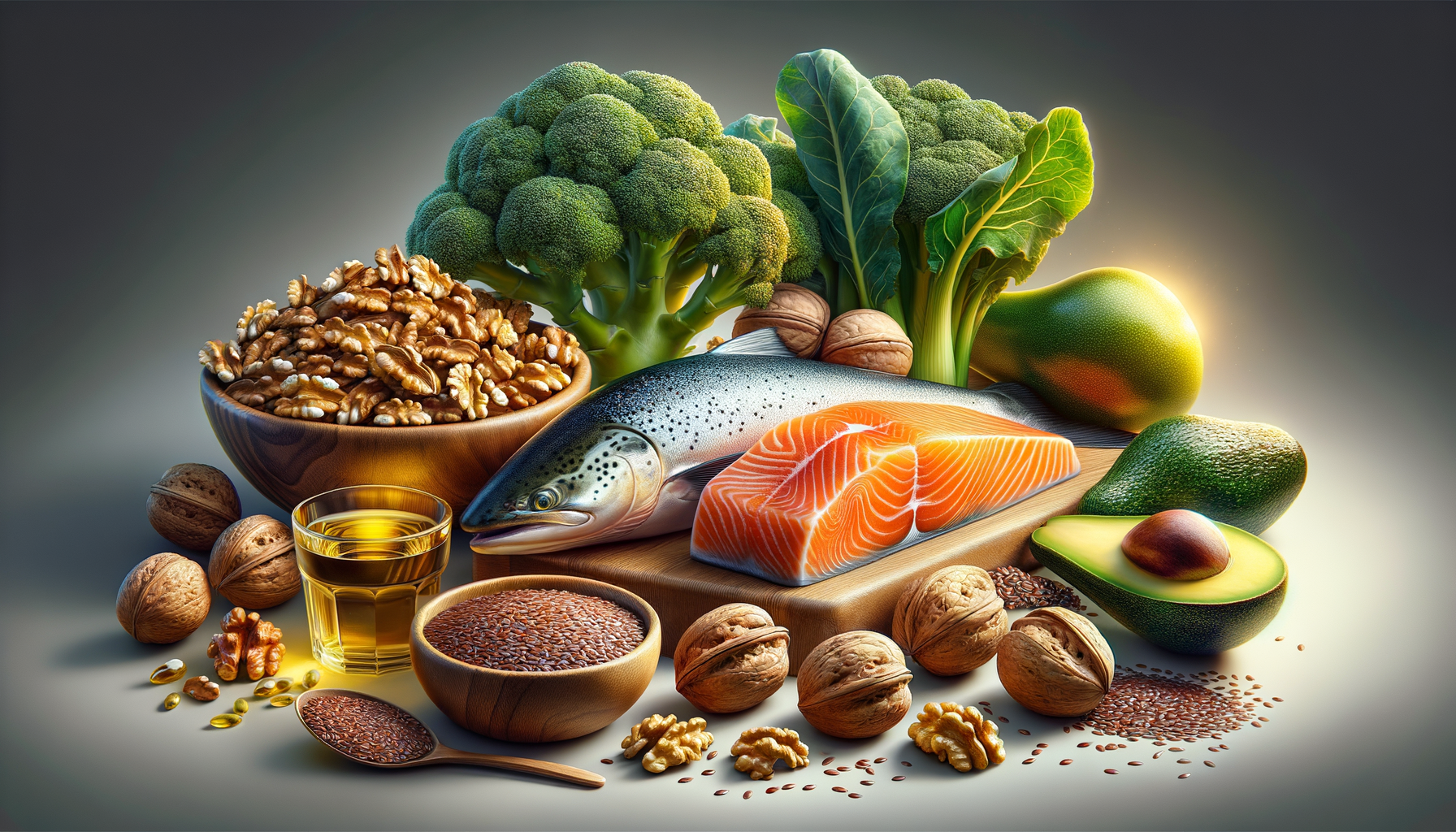Leafy Greens: A Nutrient Powerhouse
Leafy greens such as spinach, kale, and Swiss chard are often hailed for their myriad health benefits, and brain health is no exception. These vegetables are rich in vitamins and minerals like vitamin K, folate, and beta carotene, which are essential for cognitive function. Vitamin K, in particular, has been linked to improved memory and cognitive stability. A study published in the journal Neurology found that individuals who consumed one to two servings of leafy greens daily had a slower rate of cognitive decline compared to those who ate less.
Beyond vitamins, leafy greens are also high in antioxidants, which help combat oxidative stress—a factor that contributes to aging and cognitive decline. Including a variety of these greens in your diet can provide a balanced intake of essential nutrients. Try adding a handful of spinach to your morning smoothie or incorporating kale into your salads for a brain-boosting meal.
- Spinach: Rich in folate and vitamin K.
- Kale: High in antioxidants and beta carotene.
- Swiss Chard: Packed with magnesium and vitamin E.
Incorporating these greens into your daily diet not only supports brain health but also contributes to overall well-being, making them an excellent addition to any meal plan.
Berries: Nature’s Antioxidant-Rich Treat
Berries, including blueberries, strawberries, and blackberries, are known for their high antioxidant content, which plays a crucial role in protecting the brain from oxidative stress. These small fruits contain flavonoids, particularly anthocyanins, which have been shown to improve brain function and delay mental aging.
Research published in the Annals of Neurology suggests that regular consumption of berries can delay cognitive decline by up to 2.5 years. This is attributed to their ability to improve communication between brain cells and enhance memory. Including a variety of berries in your diet can provide a delicious way to support brain health.
- Blueberries: High in anthocyanins and vitamin C.
- Strawberries: Rich in vitamin C and flavonoids.
- Blackberries: Packed with fiber and antioxidants.
Adding berries to your breakfast cereal, yogurt, or as a snack can be a simple yet effective way to incorporate these brain-boosting fruits into your daily routine.
Fatty Fish: Omega-3 for Brain Health
Fatty fish such as salmon, mackerel, and sardines are renowned for their high omega-3 fatty acid content, which is vital for maintaining brain health. Omega-3s, particularly EPA and DHA, are crucial components of brain cell membranes and play a significant role in cognitive function and mood regulation.
Studies have shown that individuals with higher omega-3 intake have a reduced risk of developing Alzheimer’s disease and other forms of dementia. The American Journal of Clinical Nutrition highlights that consuming fatty fish once or twice a week can significantly improve brain function and slow cognitive decline.
- Salmon: High in DHA, essential for brain health.
- Mackerel: Rich in EPA and DHA.
- Sardines: Packed with omega-3s and vitamin D.
Incorporating these fish into your meals, such as grilled salmon or sardines on toast, can provide a delicious and nutritious way to support cognitive function.
Nuts and Seeds: Tiny Packages of Brain-Boosting Nutrients
Nuts and seeds, including walnuts, almonds, and flaxseeds, are excellent sources of nutrients that support brain health. These foods are rich in antioxidants, healthy fats, and vitamins such as vitamin E, which is known to protect brain cells from oxidative damage.
A study in the Journal of Nutrition, Health & Aging found that regular consumption of nuts is associated with better cognitive function in older adults. Walnuts, in particular, contain high levels of DHA, an omega-3 fatty acid linked to improved cognitive performance.
- Walnuts: High in DHA and antioxidants.
- Almonds: Rich in vitamin E and magnesium.
- Flaxseeds: Packed with omega-3s and fiber.
Adding a handful of nuts or a sprinkle of seeds to your meals can be an easy way to boost your brain health while enjoying a tasty treat.
Whole Grains: Sustained Energy for the Brain
Whole grains such as oats, brown rice, and quinoa provide a steady release of glucose, which is essential for brain function. Unlike refined grains, whole grains are packed with fiber, vitamins, and minerals that support overall health and cognitive function.
The brain relies on glucose as its primary energy source, and whole grains provide a slow and steady supply, helping to maintain concentration and focus throughout the day. A study published in the American Journal of Clinical Nutrition found that a diet rich in whole grains is associated with a reduced risk of cognitive decline.
- Oats: High in fiber and B vitamins.
- Brown Rice: Rich in magnesium and antioxidants.
- Quinoa: Packed with protein and essential amino acids.
Incorporating whole grains into your diet, such as oatmeal for breakfast or quinoa as a side dish, can provide the brain with the energy it needs to function optimally.
Conclusion: Nourishing the Mind with Everyday Foods
The journey to maintaining brain health and reducing dementia risk can start with simple dietary choices. By incorporating leafy greens, berries, fatty fish, nuts, seeds, and whole grains into your meals, you can provide your brain with the nutrients it needs to function effectively. These foods are not only beneficial for cognitive health but also contribute to overall well-being, making them a valuable addition to any diet. As research continues to uncover the connections between diet and brain health, embracing these foods could be a step toward a healthier, more vibrant future.








